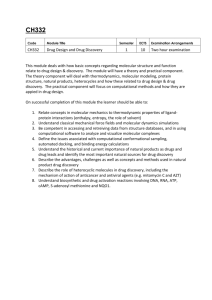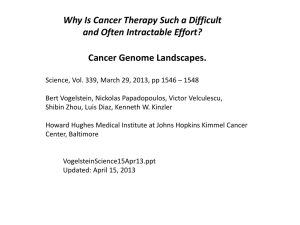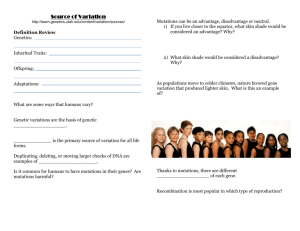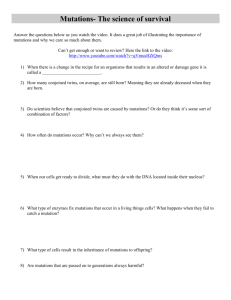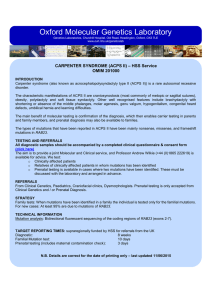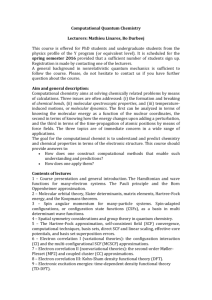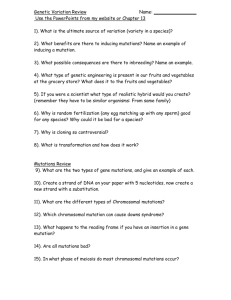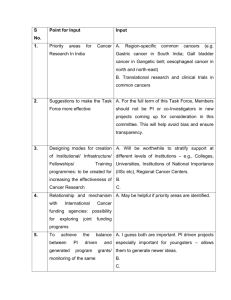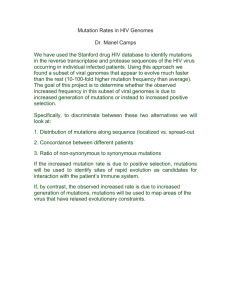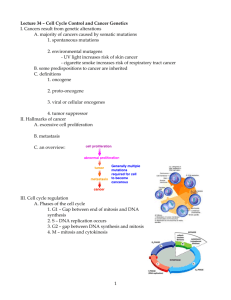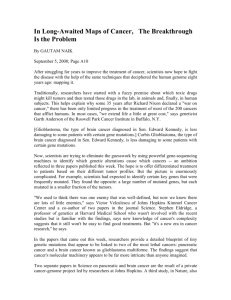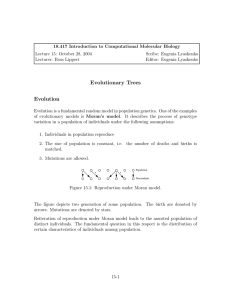Chen-Hsinag Yeang abstract 3 Sep 2012
advertisement
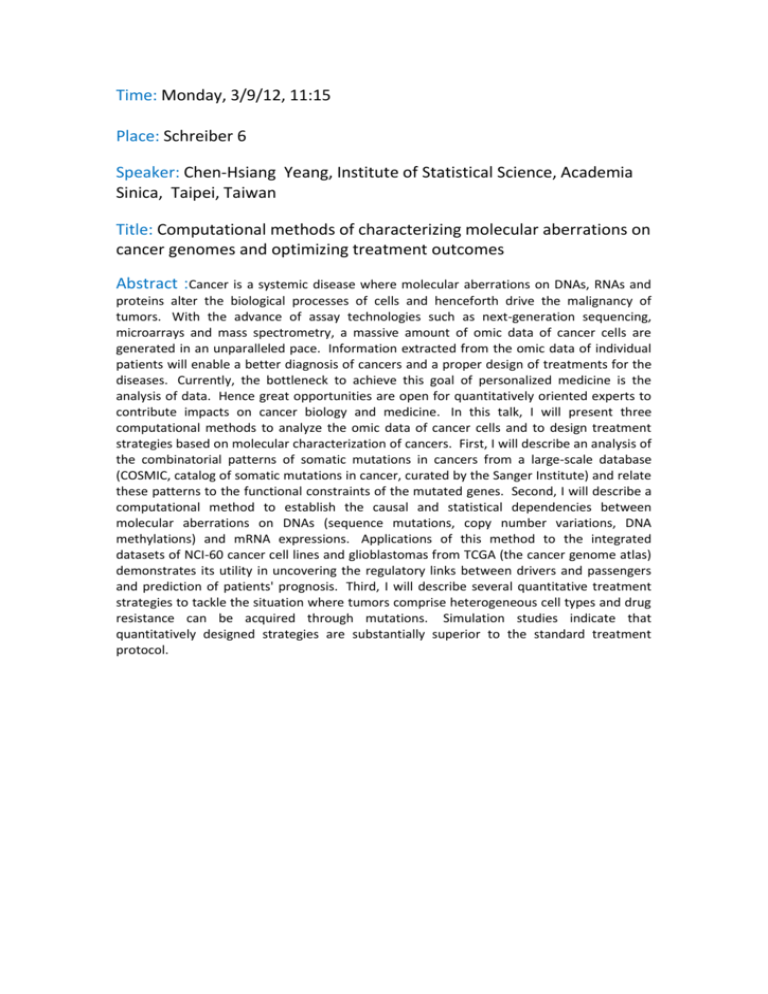
Time: Monday, 3/9/12, 11:15 Place: Schreiber 6 Speaker: Chen-Hsiang Yeang, Institute of Statistical Science, Academia Sinica, Taipei, Taiwan Title: Computational methods of characterizing molecular aberrations on cancer genomes and optimizing treatment outcomes Abstract :Cancer is a systemic disease where molecular aberrations on DNAs, RNAs and proteins alter the biological processes of cells and henceforth drive the malignancy of tumors. With the advance of assay technologies such as next-generation sequencing, microarrays and mass spectrometry, a massive amount of omic data of cancer cells are generated in an unparalleled pace. Information extracted from the omic data of individual patients will enable a better diagnosis of cancers and a proper design of treatments for the diseases. Currently, the bottleneck to achieve this goal of personalized medicine is the analysis of data. Hence great opportunities are open for quantitatively oriented experts to contribute impacts on cancer biology and medicine. In this talk, I will present three computational methods to analyze the omic data of cancer cells and to design treatment strategies based on molecular characterization of cancers. First, I will describe an analysis of the combinatorial patterns of somatic mutations in cancers from a large-scale database (COSMIC, catalog of somatic mutations in cancer, curated by the Sanger Institute) and relate these patterns to the functional constraints of the mutated genes. Second, I will describe a computational method to establish the causal and statistical dependencies between molecular aberrations on DNAs (sequence mutations, copy number variations, DNA methylations) and mRNA expressions. Applications of this method to the integrated datasets of NCI-60 cancer cell lines and glioblastomas from TCGA (the cancer genome atlas) demonstrates its utility in uncovering the regulatory links between drivers and passengers and prediction of patients' prognosis. Third, I will describe several quantitative treatment strategies to tackle the situation where tumors comprise heterogeneous cell types and drug resistance can be acquired through mutations. Simulation studies indicate that quantitatively designed strategies are substantially superior to the standard treatment protocol.
